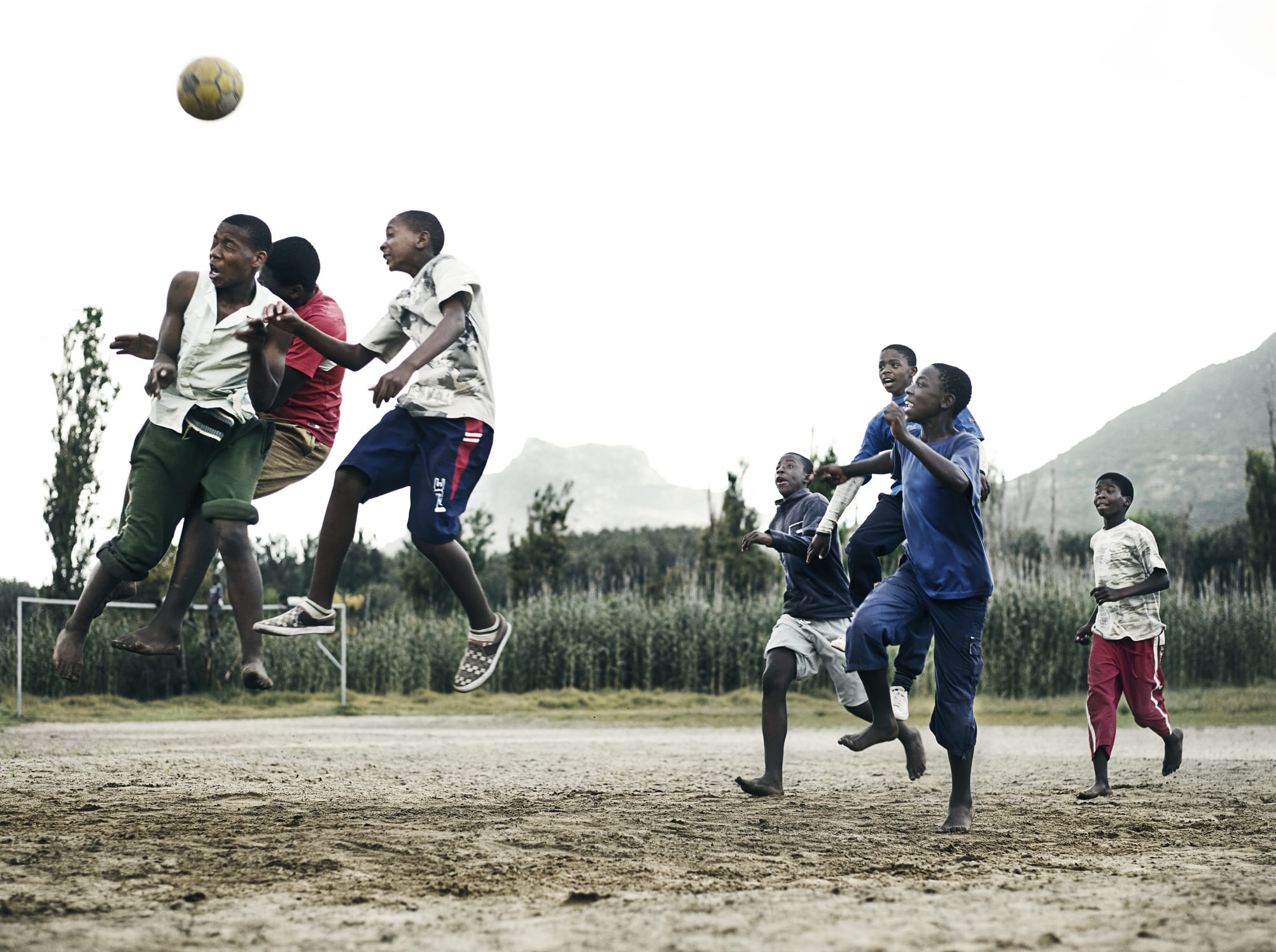When all else fails, try sports. It’s good for the soul.
For centuries, resource exploitation and extraction from Africa has been a constant.
The untold misery, the unaccounted siphoning, the unprecedented loss of humanity.
Yet another big resource loss in modern times is going unnoticed.
Sports is big business globally. But there is a paradox.
Loading...
Every time I watch soccer or rugby or basketball or cricket or every other sport virtually, I see what the world sees. The best athletes in the world are largely African; albeit wearing different colors.
Imagine the potential of those left behind?
They are winning it for us on the field. How to make Africa now win off the field too?
To play sports is business, not mere recreation. Its impact on both youth and economic development is inarguable. The jobs it creates are obvious. The bonds it forges that bring national pride and cultural expression to the fore is stirring.
Yet, while single-use stadiums exist, there are no real multipurpose sports arenas outside of Kigali on the continent.
Stadiums are hard to fill. Sports arenas get filled easier because of their adaptability, thus, making the business case stronger.
In 2020, accounting firm Mazars and the African Sports & Creative Institute presented a study: Sports Ecosystem in Africa: From Potential to a Development Lever.
They assessed the state of the sports industry and defined the opportunities ahead. Experts confirmed sports as a credible response to the United Nations’ (UN) Sustainable Development Goals.
The UN recognizes sport “as a means to promote education, health, development and peace”.
Sport allows young people to lead healthy lives, take on responsibility, behave fairly and resolve conflicts peacefully. These are key skills to gain a foothold later in the working world.
Africa News Agency (ANA) quotes in a 2024 article that the FIFA World Cup 2010 in South Africa, the first on the continent, illustrated the impact sport can offer:
the government spent $3 billion on infrastructure development (with $1.29 billion subsidized by FIFA) that led to an economic boost of $6 billion.
Soon to come are the Cricket World Cup in 2027 and the FIFA World Cup in 2030. These are both investment and development opportunities.
Interestingly, initiatives to bring global sport to Africa are gathering momentum.
Smart capital is seeing the potential of a talented two billion people which can raise both sport standards and viewership off the charts.
The Basketball Africa League (BAL), a joint venture between the NBA and International Basketball Federation (FIBA), was established in 2019.
Barack Obama joined NBA Africa as a strategic partner whilst purchasing a minority stake in the organization. NBA commissioner Adam Silver had stated that NBA Africa was valued at $1 billion.
The FIFA President Gianni Infantino unveiled a joint FIFA/CAF strategy to elevate African football on three key pillars: refereeing, investment mobilization and competition development.
On competition development, a range of new initiatives: a world nations league for women’s football, youth world championships, a re-positioning of the African Cup of Nations played every four years and the creation of a new pan-African club competition.
Can you imagine the specter of sporting events hosted in Africa, played by Africans, supported by its legions of ‘global Africans’ catering to a continent that by 2070 will be a third of the world’s population and a quarter of the world’s youth?
As Canadian hockey great Wayne Gretzky said: “I skate to where the puck is going to be, not where it has been.”
Sports globally are played, followed and supported by a thin, elite layer of people. They control commerce, eyeballs and capital. They can decide if the ‘puck’ is indeed where the African continent is.
African leadership has to wake up and make this happen – build infrastructure, institutions and inspirations. Investments will come ‘as night follows day’. Nothing is more powerful than an idea whose time has come. Amen.
Loading...
